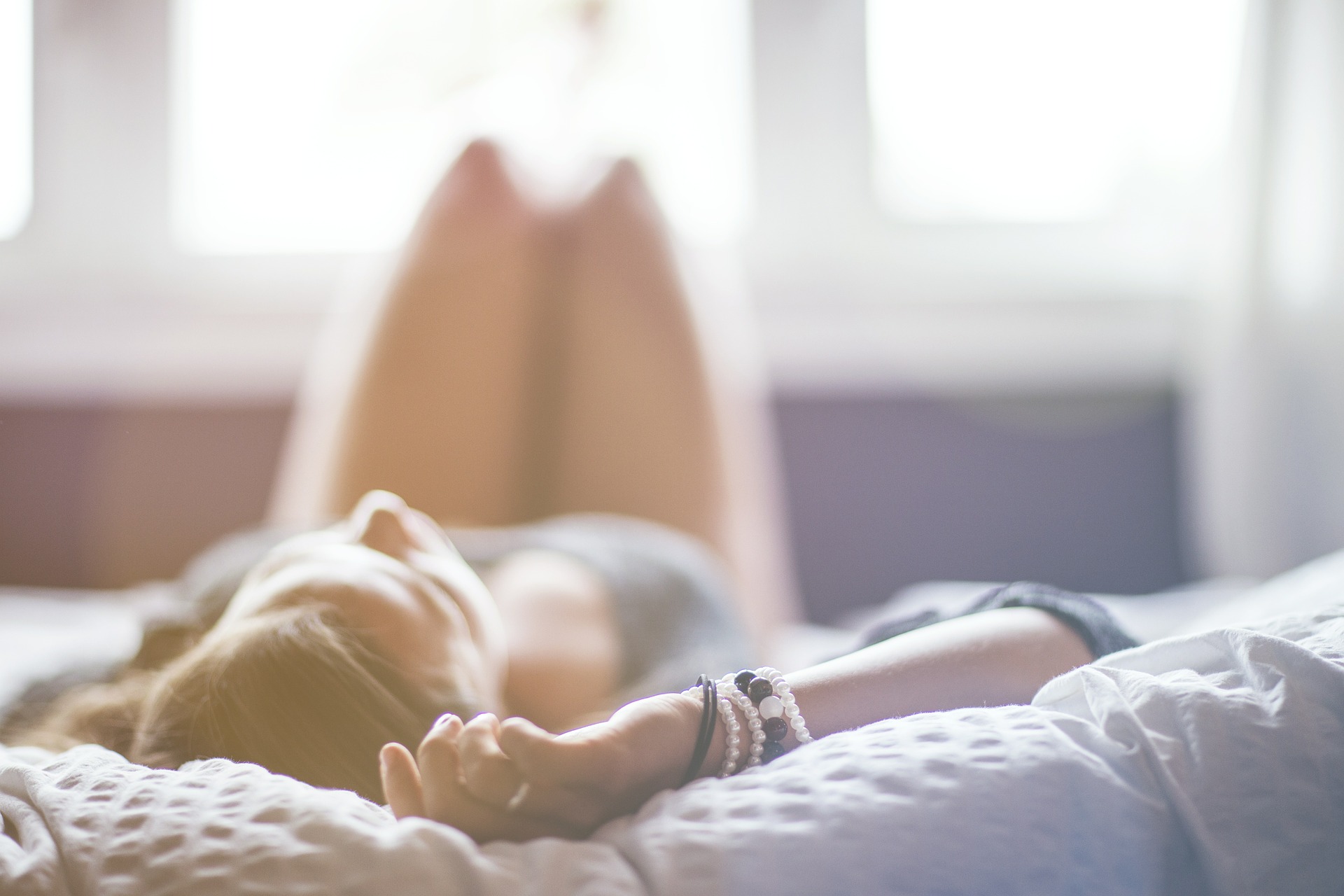INSANE: Women are heavily dosing on sleeping pills to lose weight by sleeping up to 20 hours a day
06/11/2017 / By Bridgette Wilcox

The weight-conscious world is no stranger to extreme diets. From eating only cabbage soup for an entire week to taking hormone pills to boost metabolism, questionable weight loss methods have become all too common. Yet even in a world saturated with extreme fad diets, a new diet craze has still managed to raise eyebrows and rightly so.
Following what they call the “Sleeping Beauty diet”, women are trying to sleep their way to weight loss by taking sedatives and sleeping pills to induce sleep, therefore avoiding food, Broadly.VICE.com reported. The diet is popular in pro-anorexia groups online. It is based on the premise that longer sleeping time leaves less time for eating, therefore leading to weight loss. Many followers take sedatives and sleeping pills to be able to sleep for up to 20 hours a day.
On a pro-anorexia forum on MyProAna.com, user prettythin wrote that the diet is formulated to last 14 days, but can easily be extended or shortened as the dieter sees fit. Each day consists of a maximum calorie allotment ranging from 100 calories to 800 calories per day, with one day of fasting each week. The user said that “the only requirement is that you sleep 10+ hours a day.”
Sleeping Beauty dieters put themselves in danger of overdosing from sleeping pills and sedatives, which are highly addictive. The more pills they take, the higher doses they need to achieve the same effect, Tracey Wade, a professor at the School of Psychology at Flinders University said in the Broadly report. She also said that sleeping for majority of the day can have a detrimental effect on mental health.
Mother Nature's micronutrient secret: Organic Broccoli Sprout Capsules now available, delivering 280mg of high-density nutrition, including the extraordinary "sulforaphane" and "glucosinolate" nutrients found only in cruciferous healing foods. Every lot laboratory tested. See availability here.
“This is really taking it to the nth degree; they literally can’t participate because they’re sleeping. They’d have increase social isolation, and in turn there’s an impact on their mood, which can cause depression,” she explained, pointing out that depression can trigger bad eating habits, making it counterproductive to the dieters’ original goal of losing weight.
Wade also said that the Sleeping Beauty diet does not account for the waking hours, during which dieters will be most likely very hungry, disoriented, and depressed. In addition, there is no proof of the diet being effective when it comes to weight loss. On the contrary, oversleeping has even been linked to an increased risk of obesity, HuffingtonPost.com reported.
Researchers have found that people who sleep less or more than the recommended amount of seven to nine hours per day gained more weight than those who slept a normal amount. Specifically, people who slept for more than nine hours showed a 1.58 kilogram weight gain over the study period. They also had a 21 percent higher risk of obesity.
Oversleeping has other negative effects on the body. It can lead to higher risk of heart disease, with those sleeping longer being more at risk for angina, which is chest pain due to reduced blood flow. It can also increase stroke risk, as well as mortality risk in general.
As mentioned by Wade, oversleeping can lead to depression — an idea that is supported by a study published in the Journal of Clinical Psychiatry. The study found that a long sleep duration of 10 hours or more is associated with persistent depression and anxiety over a two year period.
Read up on other weight loss articles on Slender.news.
Sources include:
Broadly.VICE.com
MyProAna.com
HuffingtonPost.com
Psychiatrist.com
Tagged Under: fad diet, sleeping pills, weight loss




















